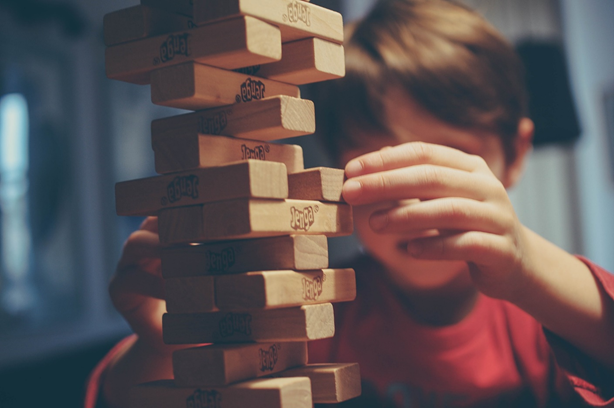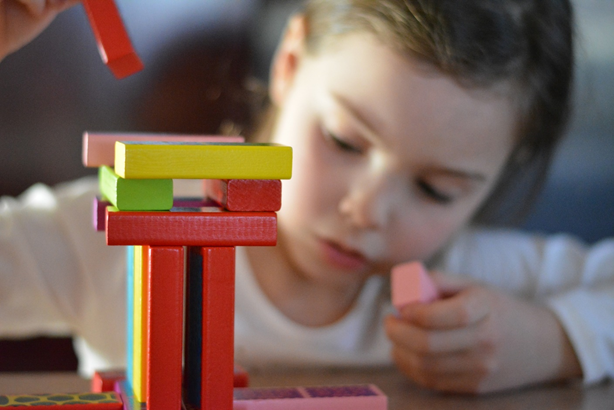Parenting Tips for Smart Kids!
This summer you’re sure to be at ease – with more choices of activities for your children than ever before, they’ll be spending their vacation time productively. Summer workshops, courses, and camps are great- each one working on enhancing your child’s creativity, language skills, lateral thinking, motor skills, chess coaching class, handwriting skills, etc.
But don’t let the learning stop after vacations – enroll into the best all-weather camp of them all – your HOME; and recruit the best teacher of them all – YOU.
Research and scientific evidence has shown that parents can raise a child’s level of intelligence substantially by how they care for him, especially during the first 6 years of his life. Simply put, in the first few years of life, the brain forms trillions of connections every second that will shape the neurological structure of the brain.

Scientists have found that a baby’s experiences – whether he’s happy, whether he hears lots of music or speech, gets hugs and eye contact – actually change the physiological development of his brain – the quality and quantity of the electrical wiring between cells. And the better they’re wired, the better his life will likely be. The process, however, does not last forever. Without ample and appropriate stimulation, unused neurons in a young child’s brain will wither and die, resulting in the brain losing much of its capacity and potential.
And because we know very little about what growing brains need, even the best educated and loving parents in the best of homes may probably have been stunting their children’s mental development to some extent.
As parents, our emphasis is usually more on what goes into a child’s stomach rather than what should go into their growing minds. Their ability to use the bathroom ranks much higher on our list of milestones than being able to use their brains.
Traditionally, learning and intellectual development are entrusted entirely to teachers when the child enters organized schooling, while at home we concentrate on his or her nutritional needs and physical wellbeing.
Brand new parents are at an advantage here – there is plenty of literature available, telling them how to handle their babies and create a stimulating environment for them. By the time children turn 3 or 4, we believe we have done our best from home and happily hand them over to their teachers for the rest of their learning.
But helping enhance a child’s mind is not complicated at all, even though the scientific translation may sound intimidating. It often takes no more time than caring for her physical needs. Simply by being aware of what helps, we can raise children’s level of intelligence and as a result, have happier, more enthusiastic youngsters.
About the Author:
Carol James is an EssayLab writer and senior editor. She has MA degree in social sciences and is an excellent specialist in this field. Moreover, Carol writes articles, reviews on the different actual subjects. So, if you have any questions regarding the writing, feel free to ask her!




